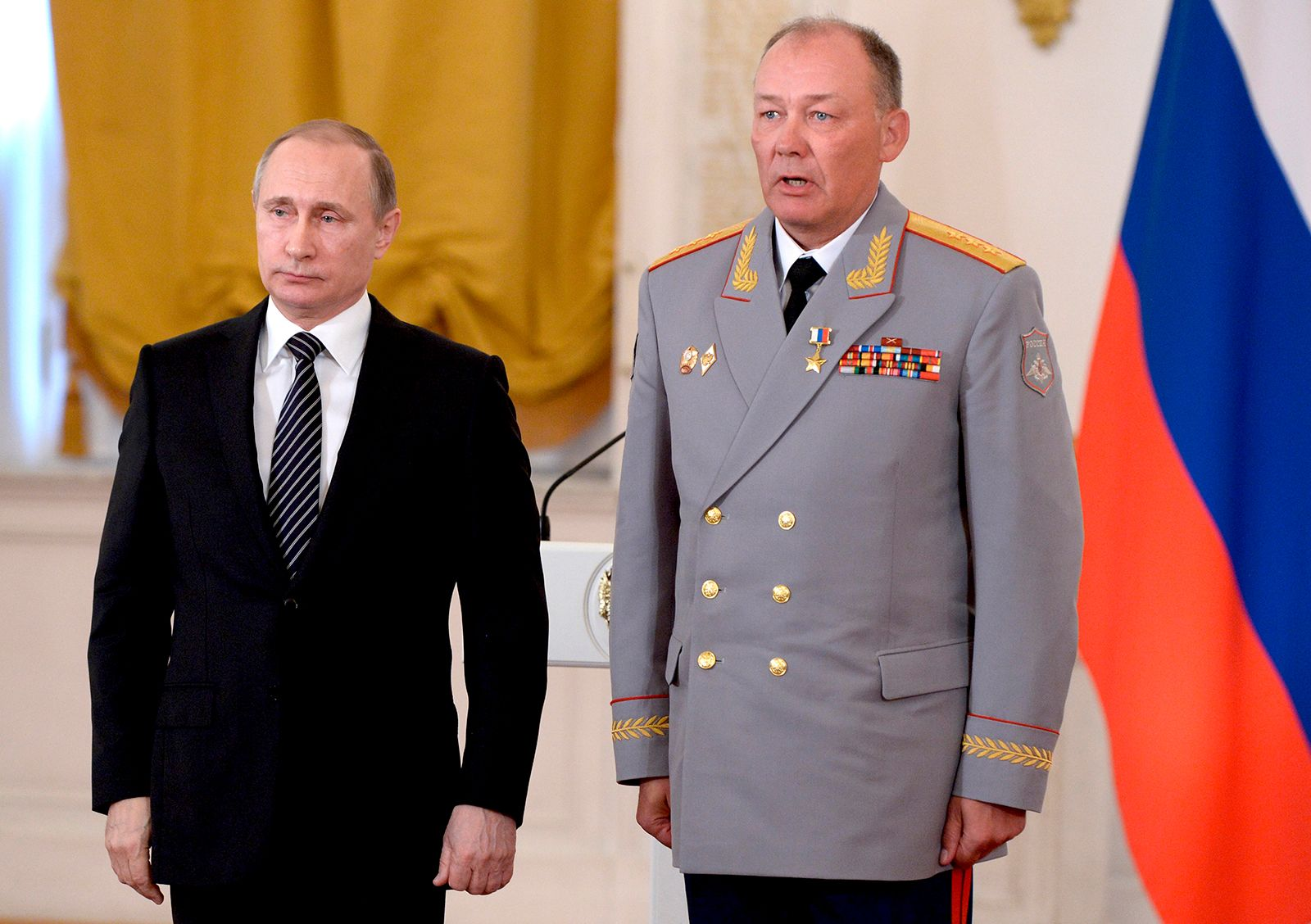
Key Points:
- President Putin replaces longtime Defense Minister Sergei Shoigu with economist Andrei Belousov, marking a potential shift in Russia’s war strategy.
- Belousov’s appointment comes amid intensified Russian military operations in Ukraine and a growing need to integrate economic strategies with military efforts.
- Shoigu’s reassignment to the Security Council suggests that despite recent challenges, he maintains a prominent role in Russia’s military-political landscape.
Putin Taps Economist to Lead Russian Defense Ministry
In a move that has surprised many observers, Russian President Vladimir Putin has appointed Andrey Belousov, a seasoned economist with no prior military experience, as the new head of the Ministry of Defense. Belousov, who previously served as the first deputy prime minister, replaces longtime defense minister Sergei Shoigu, signaling a potential shift in Russia’s approach to the ongoing conflict in Ukraine.
Economist at the Helm of War
This significant reshuffle comes as Russian forces intensify their operations in northern Ukraine, achieving their most rapid territorial gains since the war began in 2022. Belousov, known for his economic expertise, is expected to leverage his skills to bolster Russia’s military capabilities through enhanced economic measures. Alexandra Prokopenko, a former advisor at Russia’s Central Bank, highlighted this strategic rationale: “Putin’s priority is war; war of attrition is won by economics. Belousov is in favor of stimulating demand from the budget, which means that military spending will at least not decrease but rather increase.”
This appointment coincides with acknowledgments from the US and NATO that Russia has outpaced the West in artillery ammunition production, a crucial element in the intensifying Ukrainian conflict. The US Congress has also recently increased military aid to Ukraine, further complicating the regional dynamics.
Navigating Economic Challenges
Experts believe that Putin is tasking Belousov with streamlining military spending and integrating the Russian economy more closely with the war effort. Ben Noble, associate professor of Russian politics at University College London, stated that Putin “needs to shift even further to a war economy and efficient military spending — and Andrei Belousov is one of his most trusted economic officials.”
Shoigu’s Shifting Role
While Shoigu has been reassigned as the secretary of Russia’s Security Council, this move indicates that he retains considerable influence within the Russian military-political landscape. However, his removal as defense minister follows a series of tactical and strategic setbacks in Ukraine, including the recent detention of his deputy, Timur Ivanov, on corruption allegations.
A New Phase in the Conflict
Analysts believe this reshuffle reflects a new phase in the conflict, with Putin aiming to consolidate and expand territorial gains in Ukraine while grappling with the economic realities of a protracted war. “The main takeaway is that Vladimir Putin is hunkering down for a long confrontation with the West,” said Noble.
Tatyana Stanovaya, founder of the R.Politik consultancy, echoed this sentiment: “Putin’s goal is to enhance arms production effectiveness and optimally meet military needs. In this context, Belousov is a logical choice.”
This leadership transition underscores the complex interplay between economics and warfare as Russia seeks to leverage its economic resources to achieve its military objectives in Ukraine.
